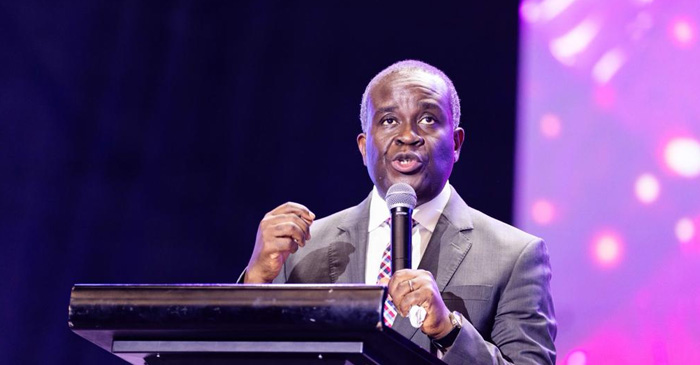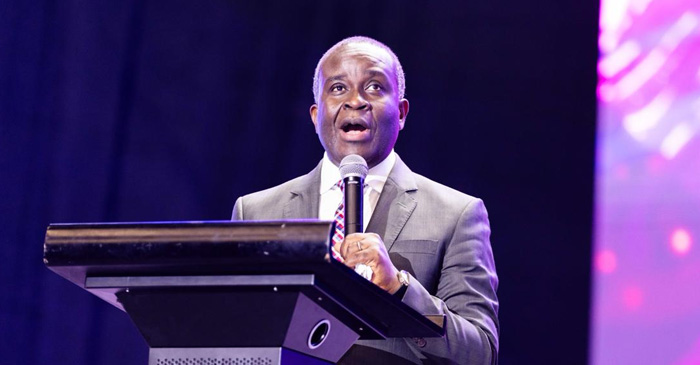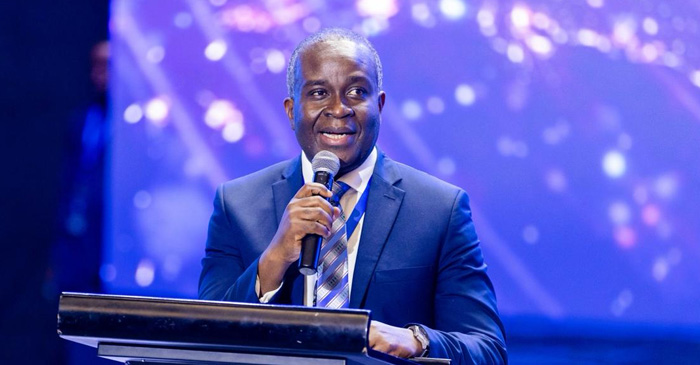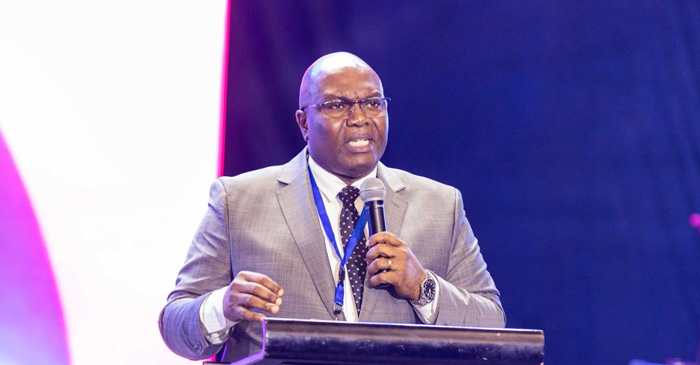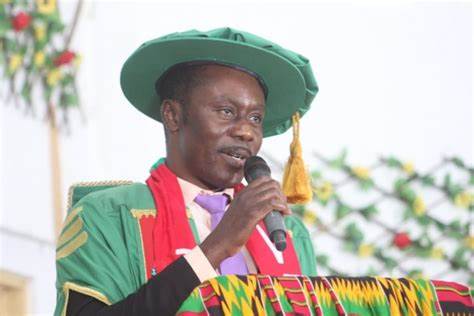
Ing. Prof. Kwadwo Adinkrah-Appiah, Vice-Chancellor of the Sunyani Technical University is advocating for the reinstatement of corporal punishment in schools.
At the 63rd Speech and Prize-Giving Day of the Sunyani Senior High School, Prof. Adinkrah-Appiah expressed his concern about the increasing deterioration of discipline in schools nationwide.
He attributes this trend to the Ghana Education Service’s 2017 ban on all forms of corporal punishment.
Prof. Adinkrah-Appiah said that the absence of corporal punishment has led to a laxity in the system, allowing students to engage in various deviant behaviours like smoking, alcoholism, armed robbery, and hooliganism without appropriate consequences.https://cdn.vuukle.com/widgets/quiz.html?version=1.11.12Advertisement
He believes it is crucial for the government to reevaluate its stance on corporal punishment, suggesting that it should be reinstated but closely monitored, only used as a last resort.
Professor Adinkrah-Appiah emphasised the influence of peer pressure on students’ behaviour and raised the question of how to effectively monitor and guide them in schools before they complete their education.
In 2019, the Ghana Education Service (GES) issued a directive prohibiting teachers and school authorities from using corporal punishment. Instead, it advocated for the adoption of alternative disciplinary measures and sanctions to correct students, citing the potential physical and emotional harm caused by corporal punishment.
This issue has sparked mixed reactions among Ghanaians especially education stakeholders.
The National Association of Graduate Teachers (NAGRAT) has advised its members to comply with the GES directive, while the Methodist Bishop of Accra cautioned against a complete ban on caning, expressing concerns that it might lead to a breakdown of discipline in schools and society.
Source: myjoyonline.com



